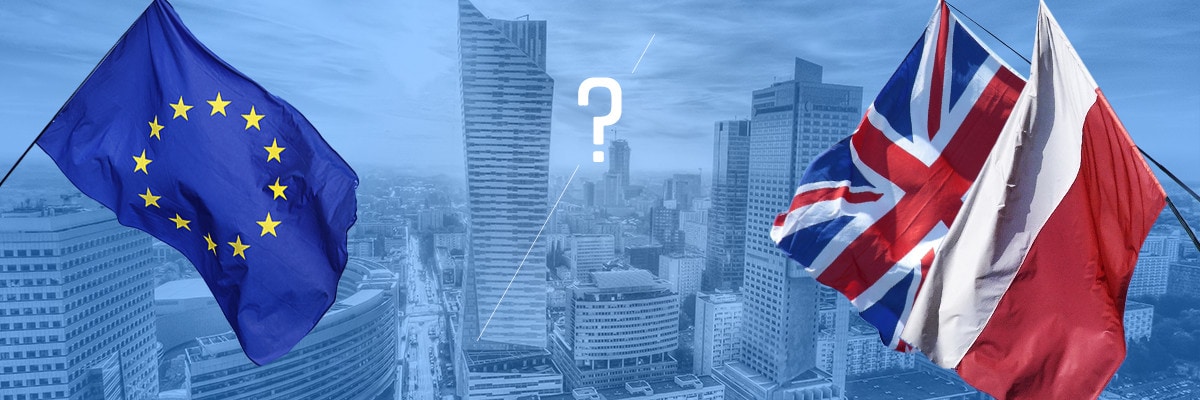
What may Brexit mean for outsourcing?
Brexit has been at the centre of conversation recently, but how will it affect and restrict outsourcing providers?
First of all, for those of you who haven’t heard – ‘Brexit’ refers to the UK’s decision to withdraw from the European Union (EU). The referendum was held on the 23rd of June, with the majority of voters opting to leave.
However, during the polling, results were almost neck and neck. The BBC reported that the total referendum turnout was at 72% – the largest voter turnout in the history of the UK. In total, there were 33,552,009 votes cast, with 51,9% (17,410,742 votes) deciding to leave the EU, while 48,1% (16,141,241 votes) wanted to stay a part of the EU.
Leaving the EU will undoubtedly influence the UK on various levels, with a high possibility that its economy will be detrimentally affected.
First of all, Britain may experience a skills gap. Most migrants currently residing in the UK hold positions in construction, IT, engineering, and the healthcare sector, without which resource the UK will see a vast skills shortage. The lack of local tech workforce may also push businesses to outsourcing, despite its no longer being as cost effective. With the UK already struggling to find its own talent, it may be even harder to draw in employees, as foreigners will no longer find work conditions attractive.
Alongside this, if migrants are forced to leave, they will stop paying taxes, and their spending power will disappear, causing Britain to lose a substantial share of money. The Guardian has reported that ‘EU migrants had paid £3.1bn in income tax and national insurance in the tax year to April 2014 and claimed £556m in benefits – making a net contribution to the economy of more than £2.5bn’.
The UK Treasury also estimated that leaving the EU will drop Britain’s trade in goods and services to between 9-24%, a significant decrease. While the UK was a member of the EU, its trade increased by 76%, making its market much more competitive. Market isolation will surely follow, and the weaker British currency will create less cost-related benefits from outsourcing.
For outsourcing in particular, there are a lot of uncertain issues that may occur due to the UK withdrawing. However, we can presume that employment costs will be higher, limited movement will result in restricted access to low cost labour, and dissimilar privacy laws will make outsourcing more difficult to implement between the UK and other countries. While the precise effects of all this remain to be seen, the ‘settling down’ period alone will cause a slow down in the outsourcing market.
The National Outsourcing Association (NOA) released a statement which presented their opinion poll findings. The NOA asked various British outsourcing industry members to express their opinion on Brexit, especially since the UK is currently the second largest outsourcer (and outsourcing greatly supports its economy). The NOA’s results showed that 73% of the UK outsourcing industry didn’t want Britain to leave the EU, with the top priority being to ‘preserve valuable outsourcing and trade relationship’ (35%) and to ‘keep UK exports strong’ (15%). 34% stated the EU opened far more doors for the UK, and that leaving would be reckless.
Of course, nothing will change drastically overnight, and some of these changes will take years to be fully felt. New agreements, including the VAT calculations and rate of currency, will all take some time to decide. Nonetheless, we’re looking at a few years of an unpredictable economy and price confusion before the dust settles. On the other hand, some companies might want to rush their investments to use the current scheme as long as it lasts.
Although it is currently only possible to predict what will happen, Brexit will have a vast impact on the outsourcing industry. Right now, only time will show how many of the predictions will come to pass, with a lot resting on what deal the UK will make with the EU after its withdrawal. What we do know for sure is that some aspects will require a lot of getting used to, with the results showing a clear divide between the population. Whatever the end result is, some sort of compromise will need to be reached.



